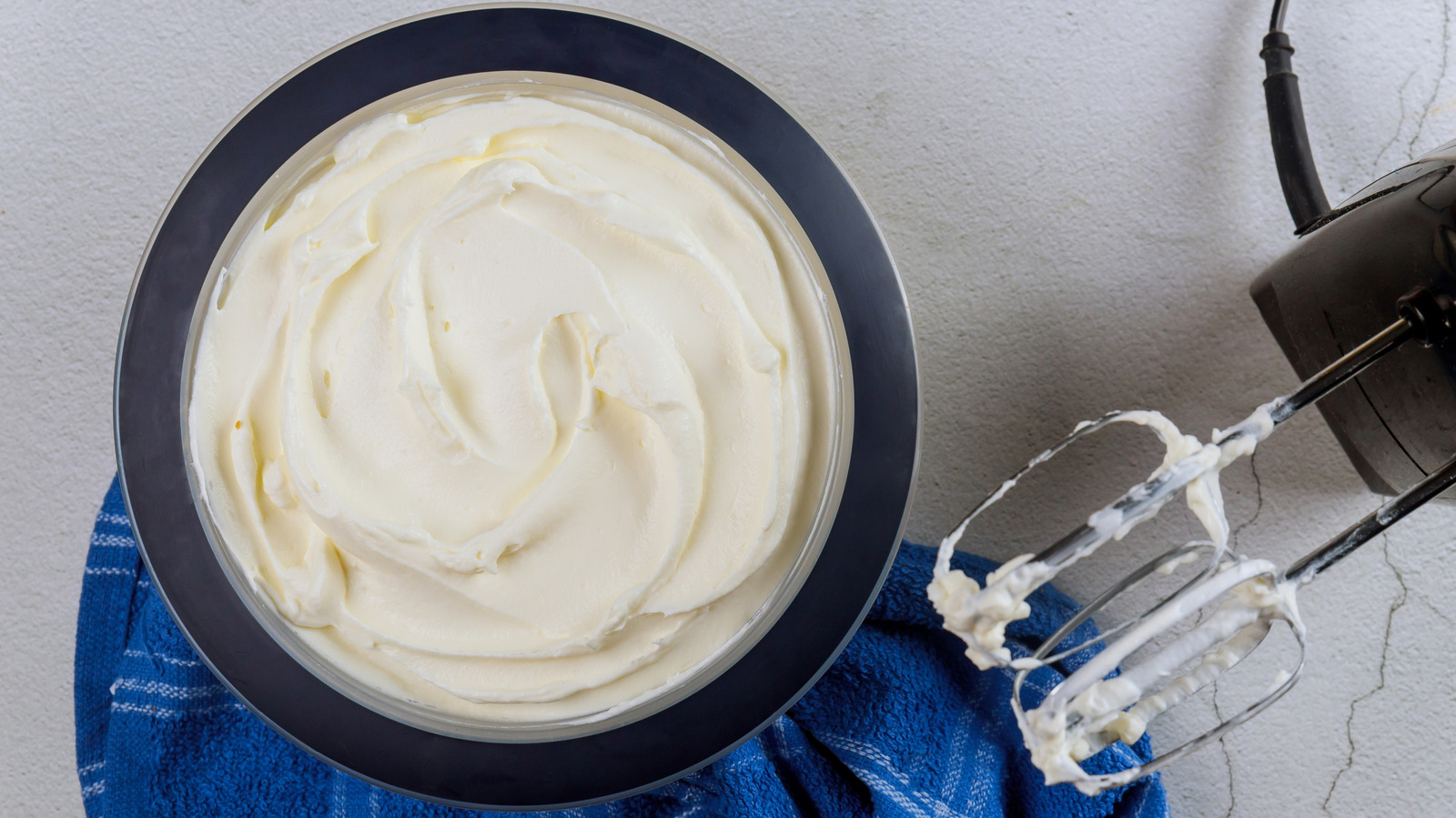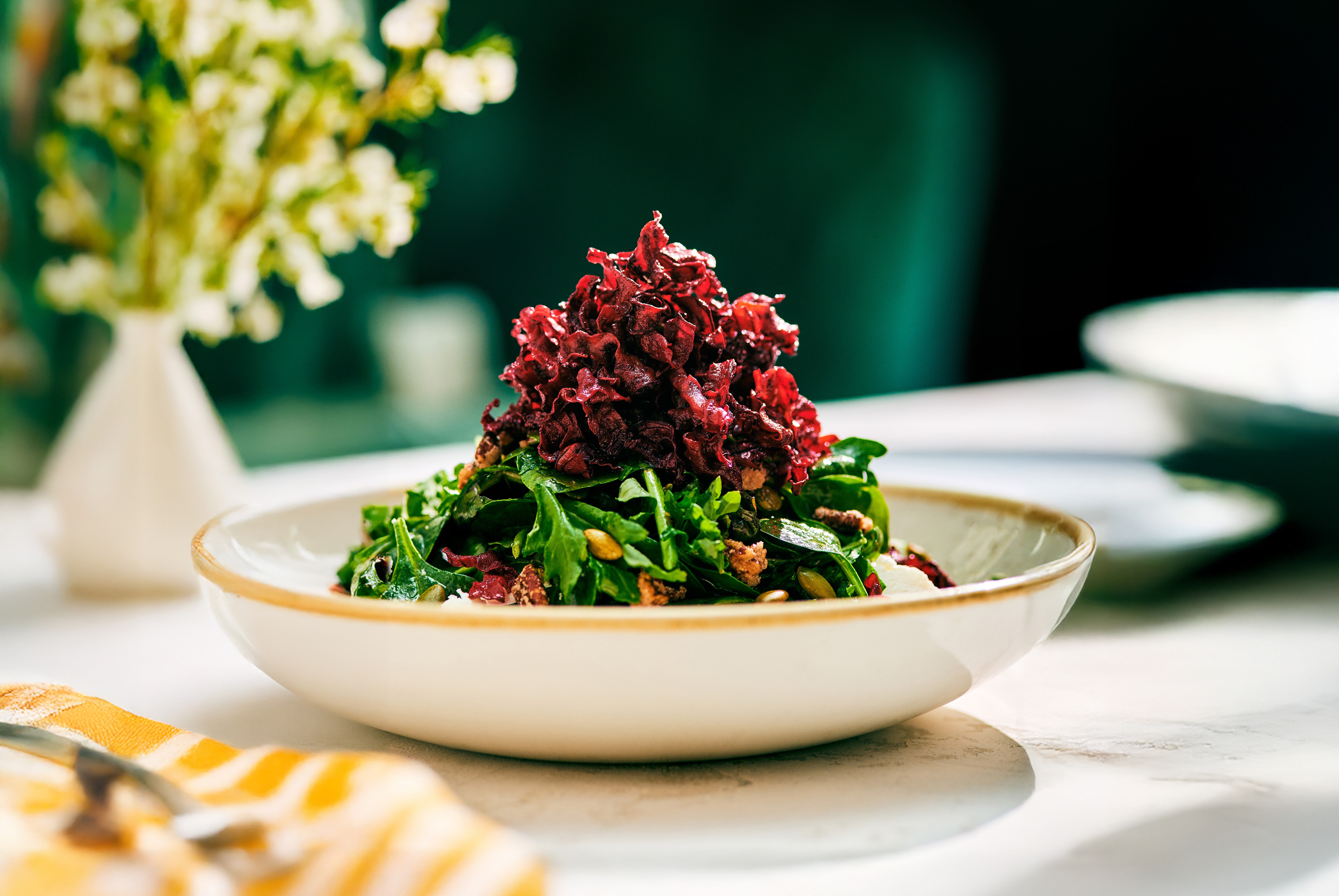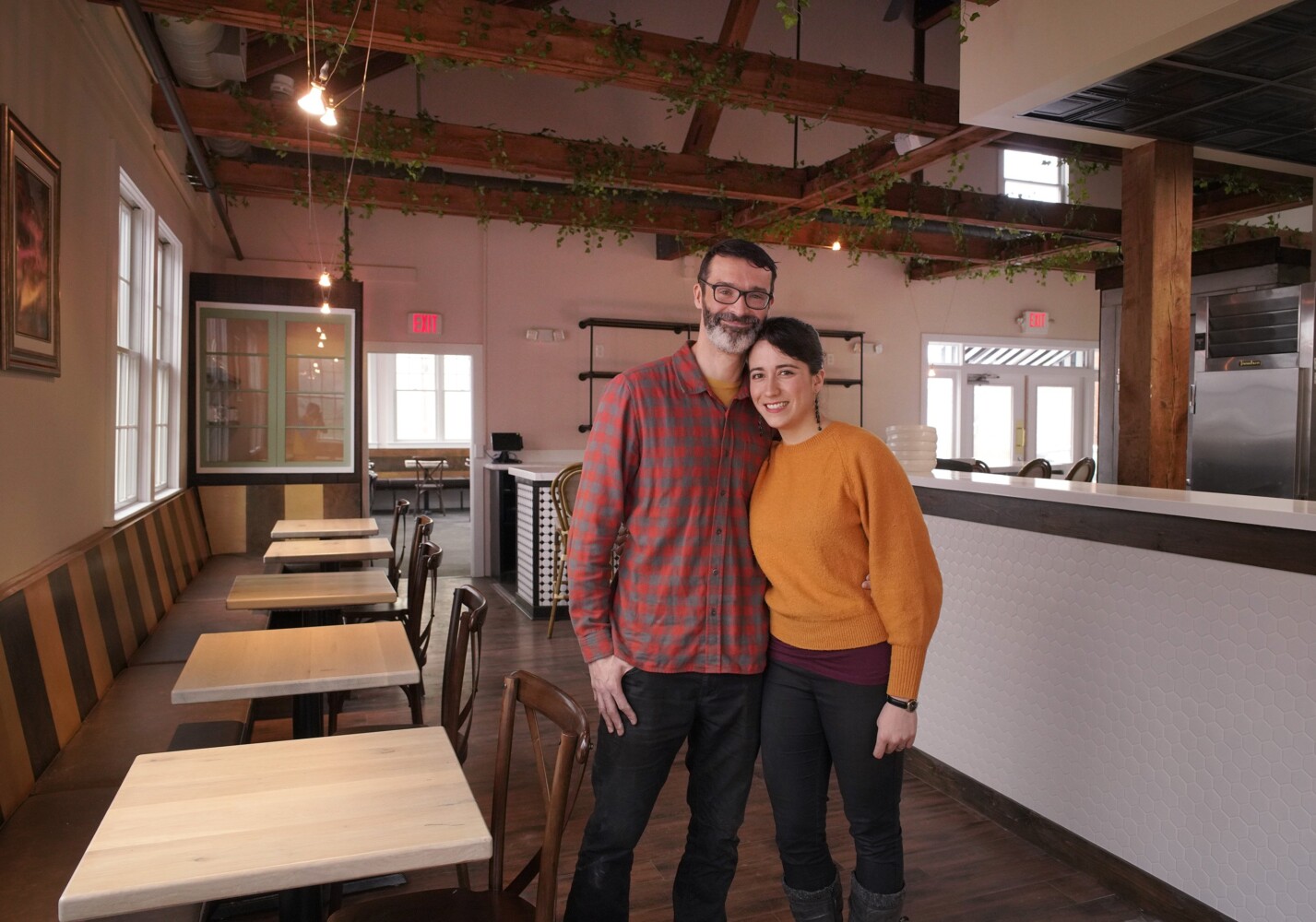Loblaw is warning shoppers to brace their wallets for more tariff-impacted products to hit shelves in Canada in the coming weeks. The grocery giant’s CEO, Per Bank, shared a post on LinkedIn on Tuesday forecasting what store aisles will look like in the next few months as the trade war between Canada and the United States continues. “While the tariff situation might be improving between the U.
S. and other countries, that’s not yet the case here in Canada. In fact, we’ll be facing a large wave of tariff-related increases in the weeks ahead,” wrote Bank .

After calls for grocers to label made-in-Canada products mounted in February and March, Loblaw implemented a system that marked Canadian products with a maple leaf symbol and imported U.S. products with prices that have been affected by tariffs with a “T” symbol.
Bank says that the grocer has been able to limit the number of “T” symbols to a little over 1,000 items. “But our inventory is running out, and in the next week or two, the number of products with a T symbol will surge to over 3,000. Within the next two months, that number could peak at over 6,000,” he wrote.
He added that, on average, Loblaw’s store portfolio carries roughly 80,000 items. According to the CEO, while the majority of products won’t be affected by the tariffs, customers will start to see more impacts on non-produce categories, including natural foods, pantry staples, health and beauty products, and more. “It’s been good to see Prime Minister Carney and other leaders engaging in dialogue with U.
S. officials, as we’re all hoping for a rapid de-escalation of this situation,” Bank wrote on LinkedIn. “We were also pleased to see the change in policy, where only finished food products from the U.
S. are subject to tariffs.” The Loblaw CEO also shared an example of customers’ shifting preference for President’s Choice orange juice made with oranges from Brazil over the national brand product sourced from the U.
S. Per Bank/LinkedIn “Sometimes, but rarely, it will be the reverse, where our control brand products are affected..
. as about four per cent of our control brand products are sourced from the U.S.
,” he explained. Bank ended his post by promising that Loblaw would do its best to help customers make informed decisions and to look for more Canadian and non-U.S.
-produced products. The corporation went into more detail about which products could get pricier in its April food inflation report . It listed coffee, liquid eggs, pork, chicken, beef and nuts as some products that will see price increases due to the tariffs.
Loblaw The report also addressed customers’ confusion over “made-in-Canada” labels . “For a product to claim ‘Made in Canada,’ it means that the last substantial transformation or processing of the product occurred in Canada,” it reads. “This can include assembling or processing ingredients into a finished product, even if some of the ingredients were imported.
” Other grocers like Sobeys and Walmart have also faced backlash from Canadians, who are accusing them of mislabeling U.S. products as Canadian-made.
.
Loblaw warns Canadians of surge in tariff-impacted items in coming weeks

Loblaw is warning shoppers to brace their wallets for more tariff-impacted products to hit shelves in Canada in the coming weeks.The grocery giant’s CEO, Per Bank, shared a post on LinkedIn on Tuesday forecasting what store aisles will look like in the next few months as the trade war between Canada and the United States continues.“While the tariff situation might be improving between the U.S. and other countries, that’s not yet the case here in Canada. In fact, we’ll be facing a large wave of tariff-related increases in the weeks ahead,” wrote Bank. You might also like:- Nearly 90 million Steam accounts affected in apparent data breach- Canadian class-action lawsuit launched against popular breast implant brand- Canadian citizen says she was denied U.S. entry because she 'didn't have a visa'After calls for grocers to label made-in-Canada products mounted in February and March, Loblaw implemented a system that marked Canadian products with a maple leaf symbol and imported U.S. products with prices that have been affected by tariffs with a “T” symbol.Bank says that the grocer has been able to limit the number of “T” symbols to a little over 1,000 items.“But our inventory is running out, and in the next week or two, the number of products with a T symbol will surge to over 3,000. Within the next two months, that number could peak at over 6,000,” he wrote.He added that, on average, Loblaw’s store portfolio carries roughly 80,000 items. According to the CEO, while the majority of products won’t be affected by the tariffs, customers will start to see more impacts on non-produce categories, including natural foods, pantry staples, health and beauty products, and more.“It’s been good to see Prime Minister Carney and other leaders engaging in dialogue with U.S. officials, as we’re all hoping for a rapid de-escalation of this situation,” Bank wrote on LinkedIn. “We were also pleased to see the change in policy, where only finished food products from the U.S. are subject to tariffs.”The Loblaw CEO also shared an example of customers’ shifting preference for President’s Choice orange juice made with oranges from Brazil over the national brand product sourced from the U.S.“Sometimes, but rarely, it will be the reverse, where our control brand products are affected... as about four per cent of our control brand products are sourced from the U.S.,” he explained.Bank ended his post by promising that Loblaw would do its best to help customers make informed decisions and to look for more Canadian and non-U.S.-produced products.The corporation went into more detail about which products could get pricier in its April food inflation report.It listed coffee, liquid eggs, pork, chicken, beef and nuts as some products that will see price increases due to the tariffs.The report also addressed customers’ confusion over “made-in-Canada” labels.“For a product to claim ‘Made in Canada,’ it means that the last substantial transformation or processing of the product occurred in Canada,” it reads. “This can include assembling or processing ingredients into a finished product, even if some of the ingredients were imported.”Other grocers like Sobeys and Walmart have also faced backlash from Canadians, who are accusing them of mislabeling U.S. products as Canadian-made.















